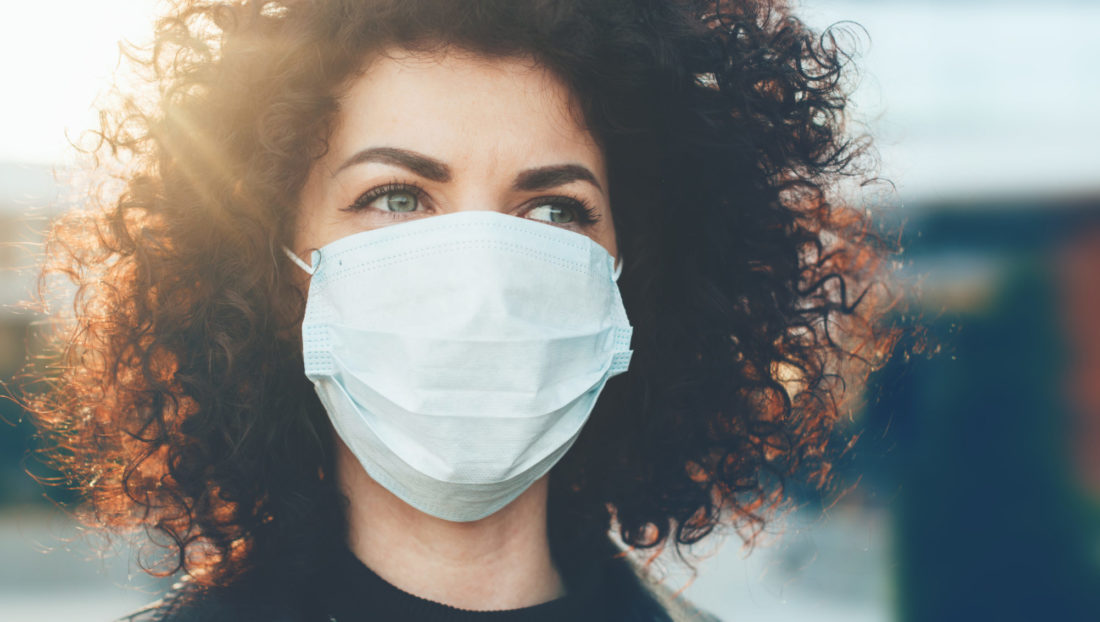
Coronavirus + COVID-19 Q&A With Dr. Furman of Lyracore Health Alliance: Part 1
A highly-experienced pulmonary specialist, Dr. Furman has been immersed in the coronavirus pandemic since day 1. Here he answers some common questions and gives a deeper insight into coronavirus, how it spreads and how we can protect ourselves. In this blog series, Dr. Furman will help explain what this virus is, what it does, what are the known complications of the infection, recent evidence and research-based available treatments, as well as discussions of differences of immediate effects of the virus versus “early-late” complications and late complications of the viral infection, as well as possible roads to recovery.
Please note that information and research rapidly changes as we gain more experience with this virus and, while we endeavor to keep the information on this page up-to-date, the current content is based on what was known in September of 2020. Any and all of the following information is based on available published scientific research as well as general publications in regards to this novel virus.
What exactly is COVID-19 and how does it relate to the coronavirus?
COVID-19 is the infection caused by SARS-CoV-2, a novel type of the previously well-known family of Corona Viridae viruses. These viruses are responsible for the majority of upper respiratory infections in humans. This novel type of the virus has unfortunately wreaked havoc across the world and caused morbidity and mortality over the past few months.
What are the signs of coronavirus infection?
Not surprisingly, as with any viral infection in any human being, the most common signs of infection include:
- malaise (feeling unwell)
- coryza (nasal congestion)
- febrile illness (elevated temperature which, in some individuals can reach upwards of 105-106 Fahrenheit)
- chest pain
- progressive shortness of breath, especially with activity
- stomach discomfort, abdominal pain, diarrhea, nausea, and vomiting
- loss of appetite
- anosmia (loss of ability to smell)
- conjunctivitis (reddening of the eye)
- neurological and psychiatric symptoms, which may include but are not limited to migraines as well as personality changes, irritability, frank delirium (abnormal reactions to external stimulus), frank psychosis, and some others.
As you can see, all these symptoms are generally nonspecific and can be associated with other viral and bacterial infections as well as other non-infectious ailments and maladies and a wide range of true psychiatric disorders in any human being.
If any of these signs and symptoms of the disease appear in any individual, such individual is warranted to be evaluated by a licensed medical provider to further assess the need for testing and close clinical follow-up.
We’re Here To Help
If you suffer from a preexisting pulmonary condition, such as allergies, asthma, or COPD, please reach out to our office to learn how we can help address your symptoms and create a plan. Stress and anxiety are normal in the face of a global pandemic, but you aren’t alone – we are here to help. To schedule an appointment with our qualified medical providers, including telemedicine appointments, please click here.
